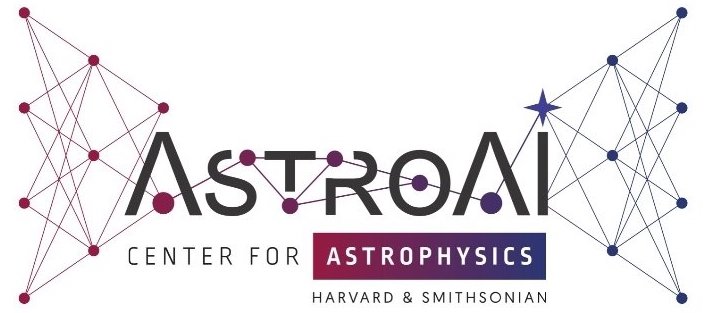AstroAI Workshop 2025
Viviana Acquaviva
Interpretability tools in scientific Machine Learning
Presenter: Viviana Acquaviva (CUNY NYC College of Technology, Columbia University)
Title: Interpretability tools in scientific Machine Learning
Date/Time: Thursday, July 10th, 9:30 AM - 11:00 AM
Abstract: I will be talking about interpretability and explainability and connecting them to the more general concepts of responsible AI, trustworthiness, and ethics. Then I will review some of the classic tools, from feature importance to SHAP/LIME to causal graphs and symbolic regression, with some examples, and also introduce the information imbalance as an interpretability tool. Finally, I will talk about how the study of AI systems (in particular, their failure modes) can also be used to gain insights about behaviors and generalizability.

Biography: Dr. Acquaviva is a Professor of Physics in the City University of New York. She received her Masters degree in Theoretical Physics from the University of Pisa and her PhD in Astrophysics from the International School for Advanced Studies in Trieste and held postdoctoral positions at Princeton University and Rutgers University before joining the faculty at CUNY. After many years of research in Astrophysics with statistical tools, machine learning, and AI, she pivoted to Climate Data Science thanks to a PIVOT fellowship, followed by a PIVOT Research Award, by the Simons Foundation. Her current research is centered on developing new metrics to assess the performance of global climate models and on reconstructing full spatio-temporal fields, in particular ocean carbon, from limited and biased data. She is also reflecting on how scientists can foster a more responsible AI revolution and how principles of ethical AI can be translated into an actionable framework for scientists. Her textbook “Machine Learning for Physics and Astronomy”, published in 2023 by Princeton University Press, won the 2024 Chambliss Astronomical Writing award from the American Astronomical Society.
